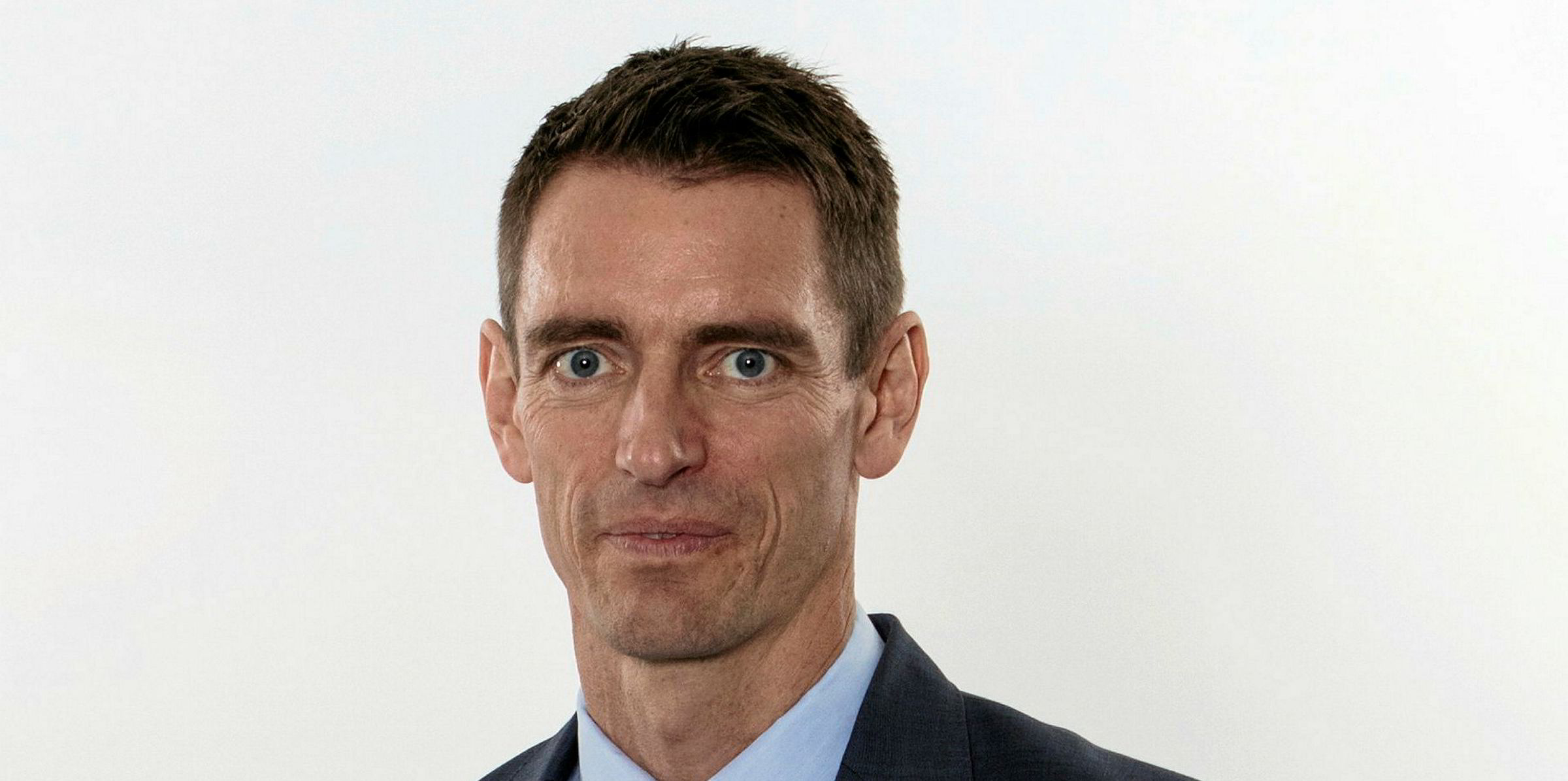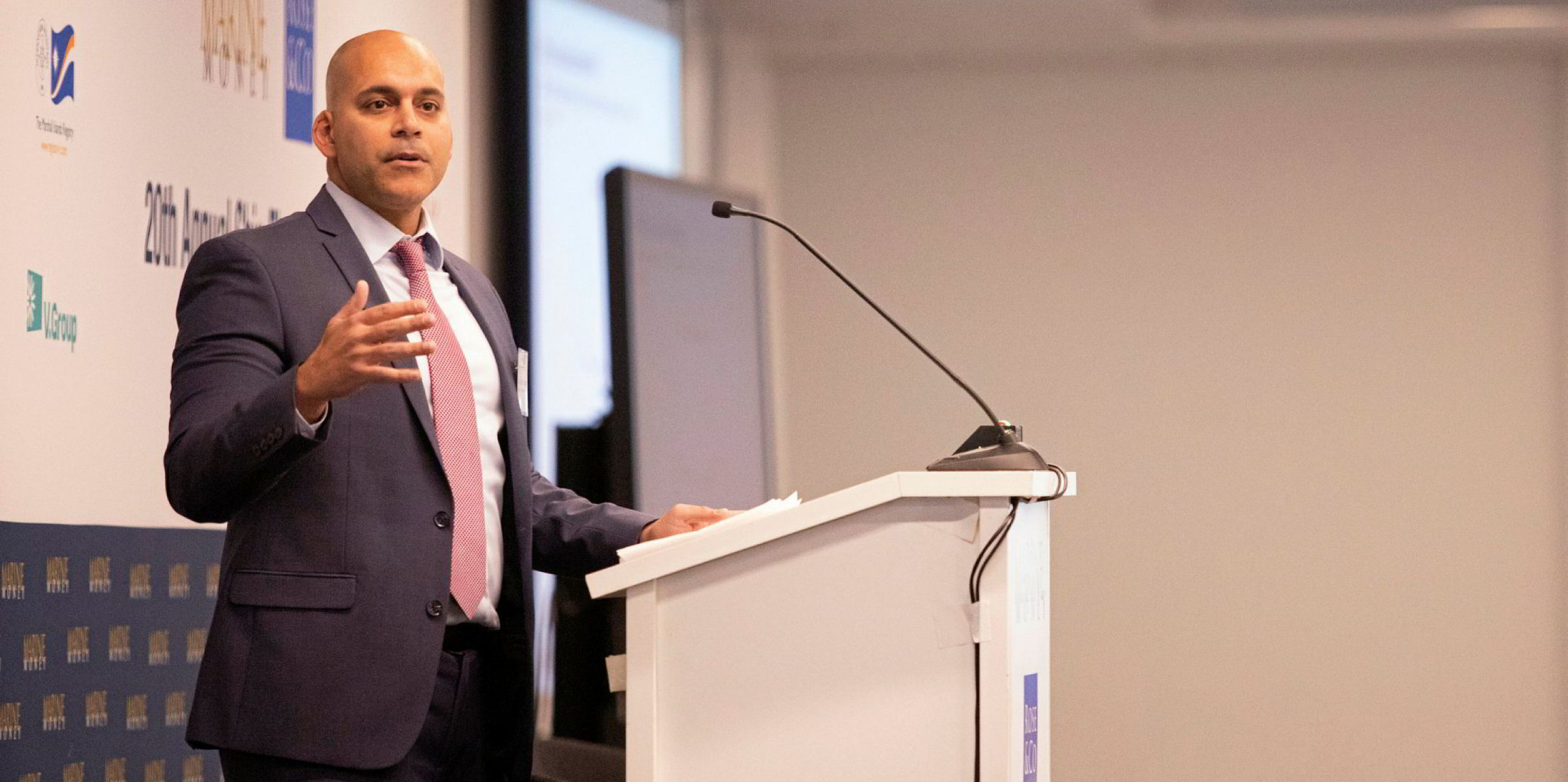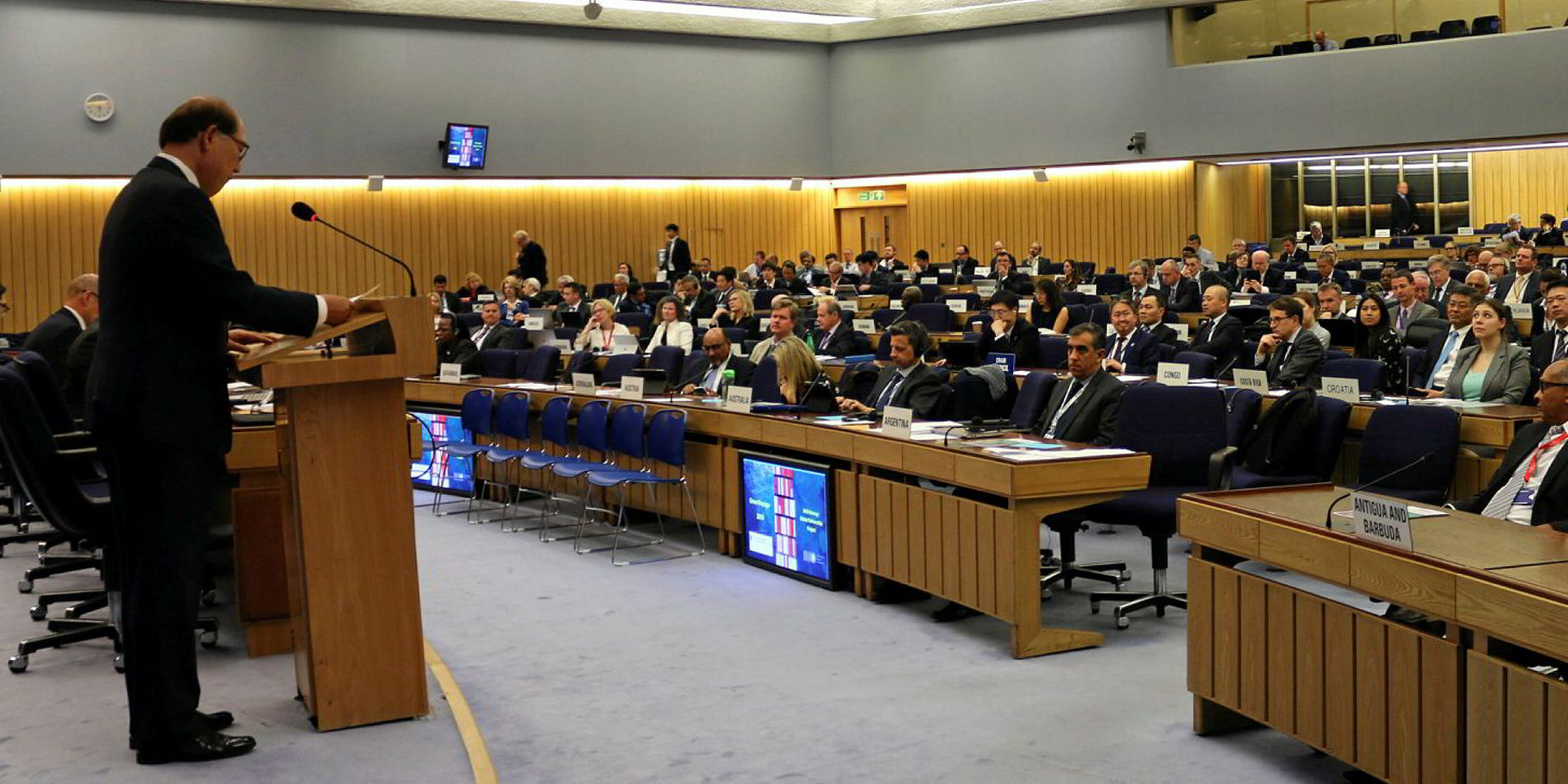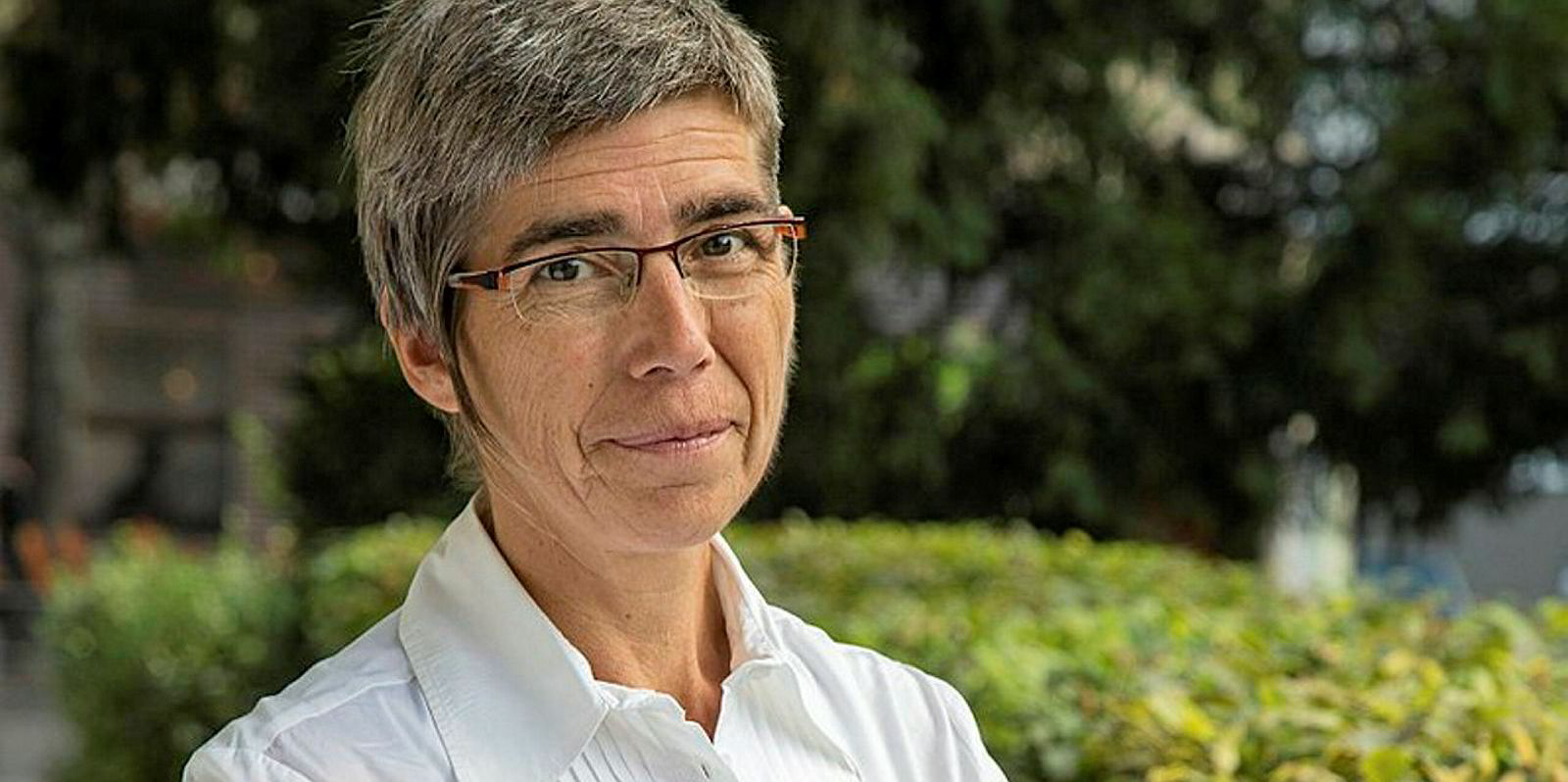Chartering giant Trafigura is calling for "drastic" measures to speed up the decarbonisation of shipping through a bunker levy charge.
The trader and shipowner is proposing that the International Maritime Organization introduces a fee of between $250 and $300 per tonne of CO2 equivalent on shipping fuels.
The trader and shipowner wants to make zero and low-carbon fuels more economically viable and competitive.
In a white paper, Trafigura is proposing the IMO introduce a "partial feebate" system.
This is described as a self-financing scheme that will see a levy charged on a fuel that has a carbon dioxide equivalent (CO2e) intensity above an agreed benchmark level.
Conversely, owners using bunkers below the benchmark will receive a subsidy.
The key to costs is where this dividing line is drawn.
Cutting emissions is 'vital'
"We believe that only through the introduction of a significant levy on carbon-intensive fuels can sufficient progress be made towards the decarbonisation of the global shipping industry," Trafigura said.
"Reducing shipping emissions is vital in the fight against global climate change, yet greenhouse gas emissions from the global maritime sector are increasing."
In the white paper, Trafigura head of oil and petroleum products Jose Maria Larocca and head of fuel decarbonisation Rasmus Bach Nielsen write that governments, shipowners and charterers urgently need to work with the IMO on the issue.
"In addition to subsidising zero or low-carbon fuels, the revenue raised from this levy could be partly used to fund further research and development into alternative fuels," they said.
Cash in part should be used to help small island developing states and other developing countries to manage energy transition, the executives said in the paper.
"As one of the world’s largest charterers of vessels, responsible for more than 4,000 voyages each year, we recognise that a carbon levy will have an immediate effect on shipping costs which companies – including ours – would bear," the Trafigura duo wrote.
Changing charterers' behaviour
"This increase in operational costs will spur charterers to change behaviour to reduce emissions, charter more efficient ships and switch to lower carbon fuels."
The IMO said in August that emissions are projected to increase by as much as 130% by 2050 compared to 2008 levels if mitigation measures are not urgently put in place.
TradeWinds has reported that many shipowners favour a global fuel levy — one of the so-called market-based measures that are under discussion at the IMO — over regional emissions trading systems (ETS).
The European Parliament has now voted to include shipping in the European Union ETS, prompting research by Clarksons Platou Securities that calculated an aframax could see its costs rise by $4,000 per day as a result.
'Drastic action'
Trafigura said "drastic and quick action" is required.
The IMO 2020 low sulphur rules do not help to meet greenhouse gas emissions reduction targets alone, the trader added.
"The ships in use, the fuels that power them and the related infrastructure need to start changing," the company said.
A shipowner group last year came up with a proposal to charge bunker levies at $2 per tonne.
Based on shipping's global annual fuel consumption of 250m tonnes, this would raise $5bn over 10 years.
Th proposal is being sponsored by Bimco, the International Chamber of Shipping, Intercargo, Intertanko, Interferry, International Parcel Tankers Association and the World Shipping Council.
But green group Transport & Environment (T&E) believes Europe's ETS will raise eight times more money for green projects than the industry's bunker levy plan.
T&E said the ETS has the potential to bring in up to €4bn ($4.4bn) annually from shipping, compared with $500m per year from a $2 per tonne charge on fuel.






